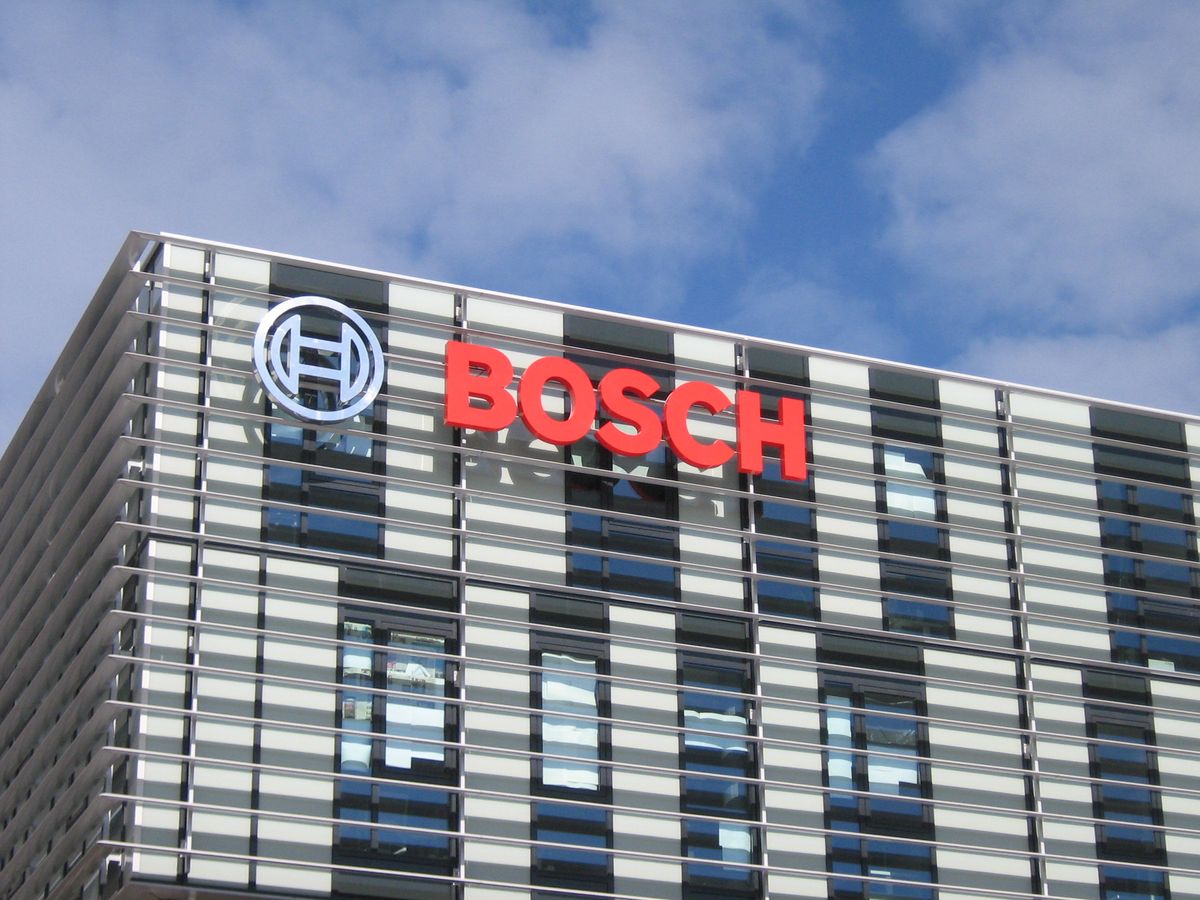Bosch to Invest $1bn in Automotive R&D in China

Bosch said it will invest approximately $1 billion to enhance its operations in China, as part of an effort from foreign firms to establish local research and development (R&D) centers to avoid the tightening technology export regulations in their home markets, fDi Intelligence reported on Wednesday.
Bosch, a multinational engineering company based in Germany, declared in January that it intends to establish a manufacturing and research and development (R&D) center for essential components of new energy vehicles and automated driving in Suzhou Industrial Park, located in the province of Jiangsu. The center will concentrate on creating electrified drive products employing advanced technologies, including silicon carbide power modules.
“By further expanding our presence in China, we will be able to better respond to the fast-changing and sophisticated local market demand,” said Yudong Chen, president of Bosch China, noting the center will boost the company’s local R&D and manufacturing capabilities in electrified and intelligent mobility.
Bosch's decision is consistent with similar actions taken by German automakers like Volkswagen and Mercedes-Benz, who have invested in local research and development (R&D).
Volkswagen's software subsidiary, Cariad, revealed plans to acquire a 60% stake in an autonomous driving joint venture with Horizon Robotics, a Beijing-based company. Similarly, Mercedes-Benz intends to invest Rmb1.1bn ($163.4m) in a technology center located in Beijing, China, fDi Intelligence reported.
“China is the world’s largest auto market, full of promise and vitality. As a multinational enterprise, we need to make full use of the country’s local R&D capability and production capacity,” said Bosch’s chairman Stefan Hartung in a statement.
China has been the largest market for electric vehicles (EVs) in history, surpassing the U.S. as the largest auto market worldwide in 2010.
Chinese EV firms, including BYD and Nio, are the dominant players in the market, accounting for approximately 80% of EV sales in China, as per data from the China Association of Automotive Manufacturers.
But in 2022 China removed restrictions on foreign ownership of car manufacturing in the country, fDi Intelligencereported. Before that Tesla was the only foreign firm that had complete ownership of its operations in China.
Experts say that foreign firms need to invest more in R&D in China, to reduce the dominance of Chinese companies in the market.
